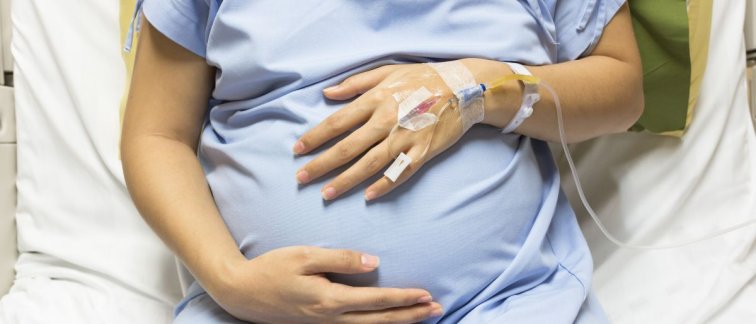Niek Sperna Weiland says that medicine should massively reduce the use of anesthetic gases. An example where these anesthetic gases are used very often is women in labor. Sperna Weiland told the Times: “If women in labor would base their choice of analgesia on the environment, my advice would be to choose an epidural over gas and air.”
The Times article in short:
Nitrous oxide, the gas part of the mixture, is a greenhouse gas 289 times as potent as carbon dioxide. It is released into the atmosphere when the mother breathes out. Researchers say using gas and air (Entonox) for four hours has a carbon footprint 200 times bigger than an epidural.
During those four hours, inhaling the mixture equals 237kg of CO2. An epidural emits only the equivalent of 1.2kg of CO2. The research team explains: “Pregnant women should be provided with information about the effectiveness and risks associated with different forms of labor analgesia, including their environmental impact.”
Sperna Weiland said: “After use, these substances are emitted into the atmosphere and rising concentrations have been registered even in very remote areas such as Antarctica and high in the Alps.” He suggested switching to alternative types of anesthesia: including drugs delivered through veins, or regional anesthesia such as epidurals or spinal blocks.
According to Niek Sperna Weiland there is yet no evidence that using gases for anesthesia results in more favorable patient outcomes, but we cannot do entirely without them. Mask induction of anesthesia may need to be continued using for children for example.
Read the full article here: Gas and air in labour ‘harms the planet’ | News | The Times
More information can be found here, or listen to the BBC Newshour (starting 38:48).

